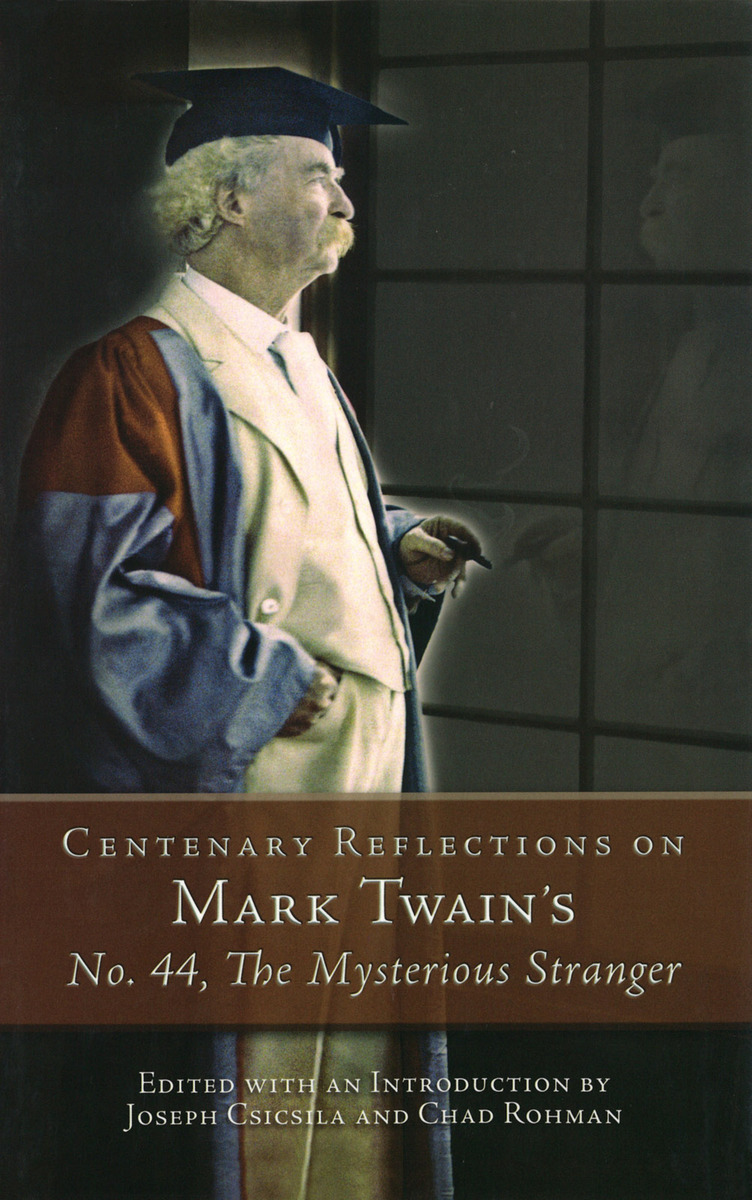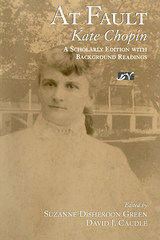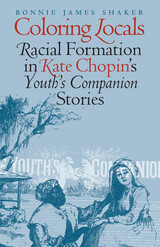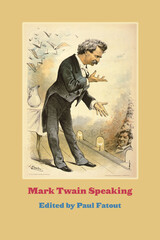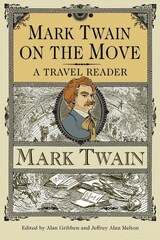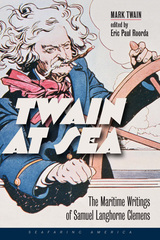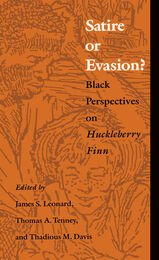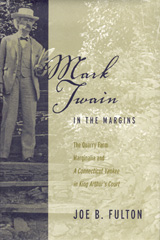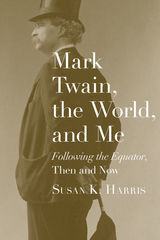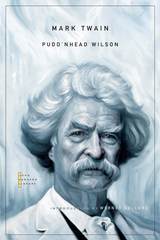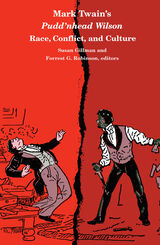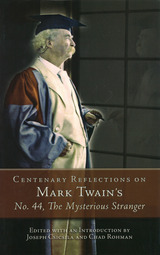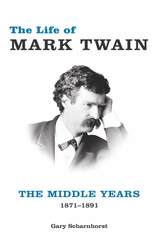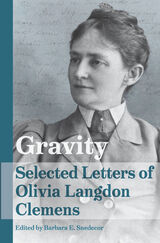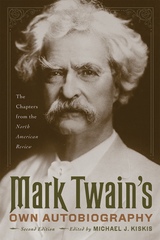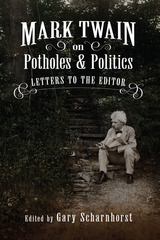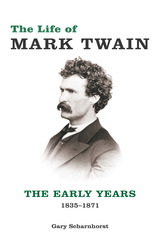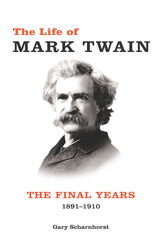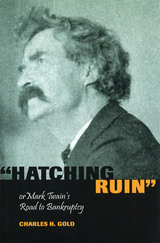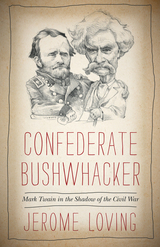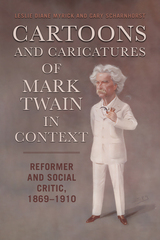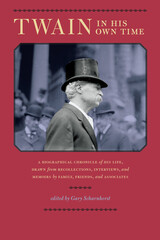eISBN: 978-0-8262-7186-0 | Cloth: 978-0-8262-1841-4 | Paper: 978-0-8262-1957-2
Library of Congress Classification PS1322.M97C77 2009
Dewey Decimal Classification 813.4
All of these essays attest to the importance of this late work in Twain’s canon, whether considering how Twain’s efforts at truth-telling are premeditated and shaped by his own experiences, tracing the biblical and religious influences that resonate in No. 44, or exploring the text’s psychological dimensions. Several address its importance as a culminating work in which Twain’s seemingly disjointed story lines coalesce in meaningful, albeit not always satisfactory, ways. An afterword by Alan Gribben traces the critical history of the “Mysterious Stranger” manuscripts and the contributions of previous critics. A wide-ranging critical introduction and a comprehensive bibliography on the last century of scholarship bracket the contributions.
Close inspection of this multidimensional novel shows how Twain evolved as a self-conscious thinker and humorist—and that he was a more conscious artist throughout his career than has been previously thought. Centenary Reflections deepens our understanding of one of Twain’s most misunderstood texts, confirming that the author of No. 44 was a pursuer of an elusive truth that was often as mysterious a stranger as Twain himself.
See other books on: 1835-1910 | American | Csicsila, Joseph | Mark Twain's | Twain, Mark
See other titles from University of Missouri Press
